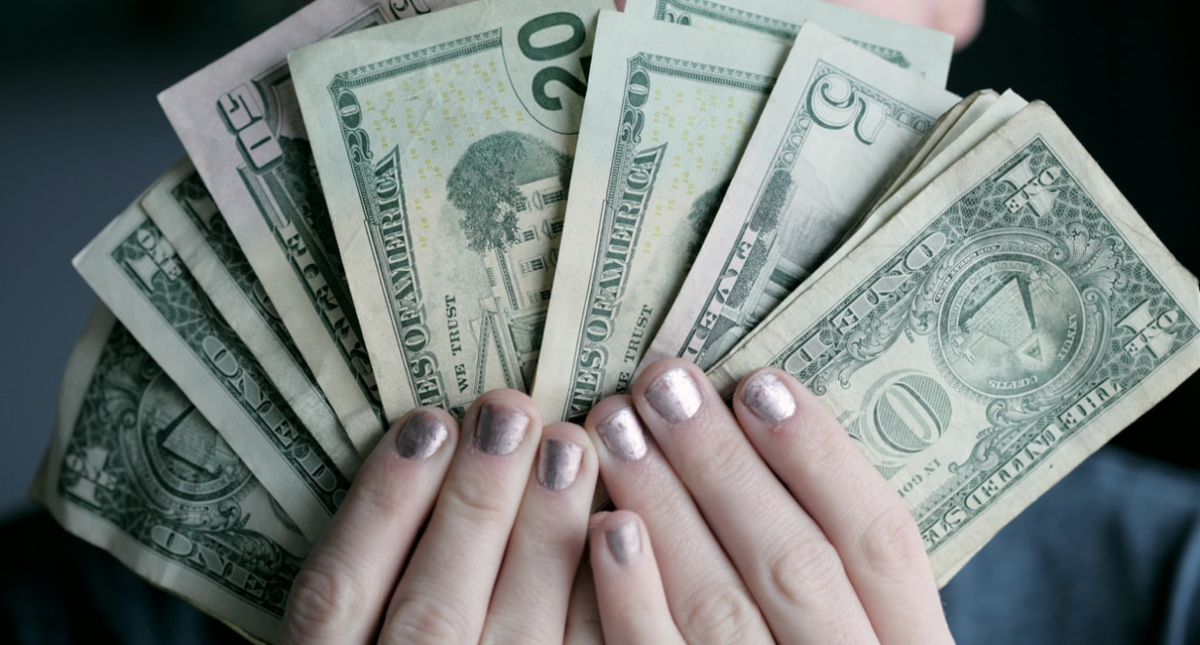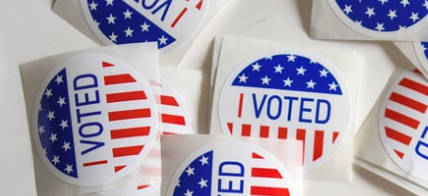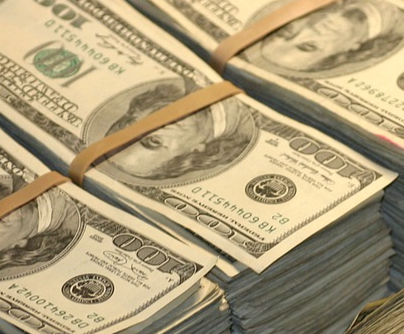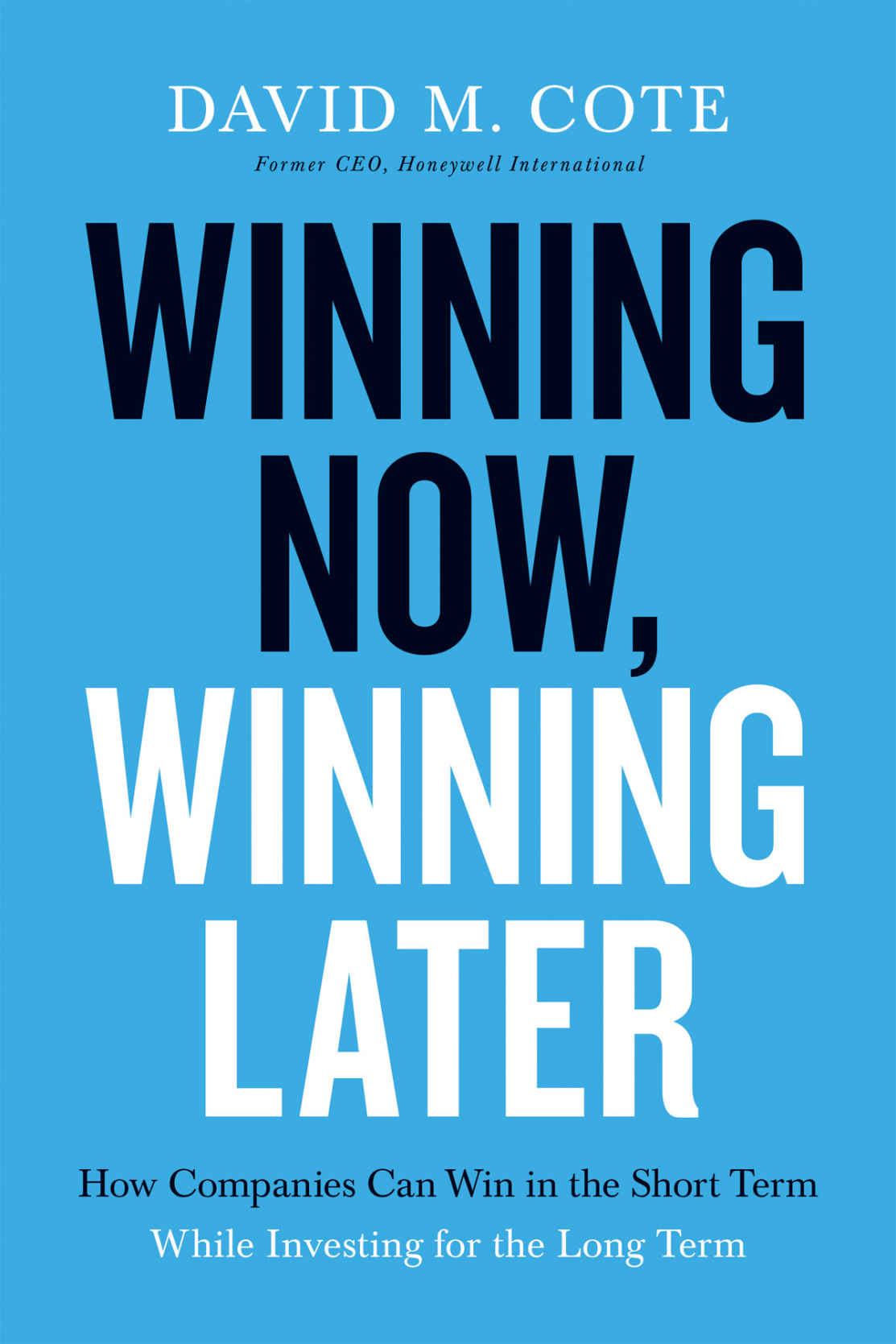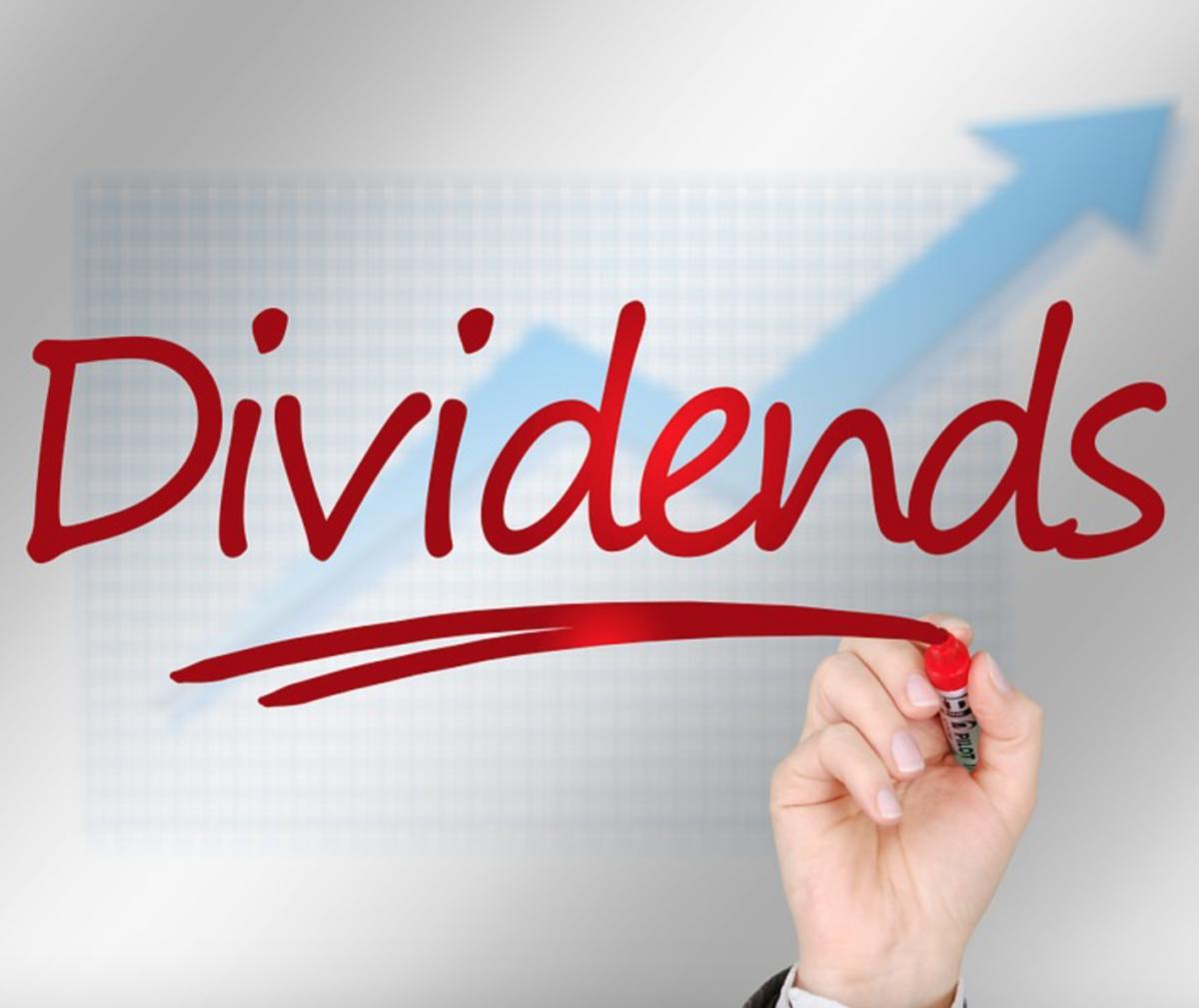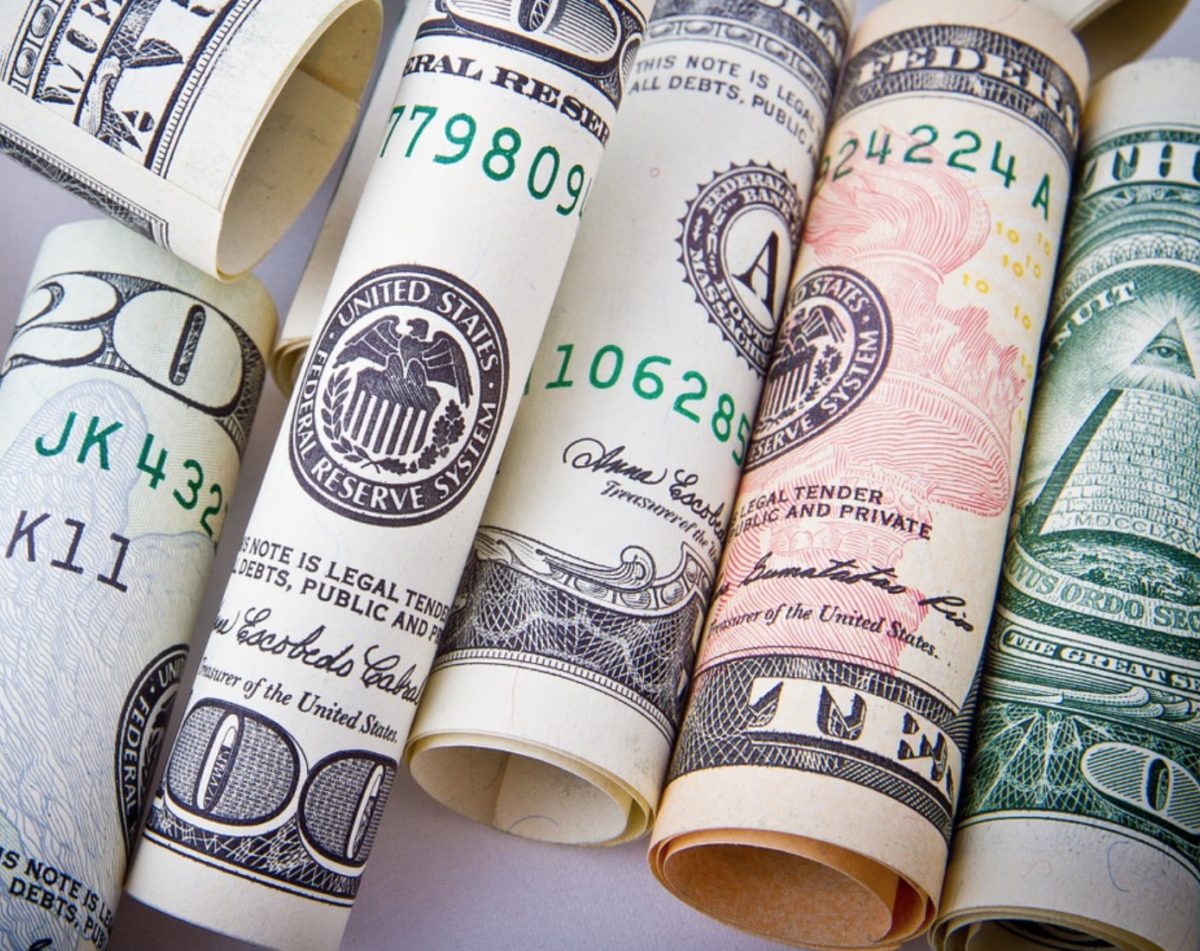by Nkem Iregbulem
Many people drink coffee first thing in the morning. Some heavily rely on this dose of caffeine to boost their energy and start their day. Turns out that in addition to its energy-boosting powers, coffee may be associated with more health benefits than we once thought. Recent studies have highlighted different reasons why coffee may be good for us.
A cohort study published in the Current Developments in Nutrition journal this past May investigated the association between coffee consumption and mortality rates. The participants of the study were 36,758 US adults ages 20+ years who participated in the National Health and Nutrition Examination Survey (NHANES) from 1999 to 2014. Researchers found that drinking 1 to 2 cups of coffee a day was significantly associated with a reduced risk of heart disease mortality. Additionally, they found that participants who consumed 1 or more cups of coffee a day had a lower risk of all-cause mortality.
Recent studies have also studied the potential health benefits of caffeine, a key component of coffee. A meta-analysis published in Nutrients this past June explored the effect of caffeine on the risk and progression of Parkinson’s disease (PD). Nine different studies were included in the healthy cohort, and four were included in the PD cohort. Researchers observed a significant deceleration in the progression of motor symptoms in patients with PD. They also found that caffeine consumption among healthy individuals was associated with a lower risk of developing PD.
These potential health benefits may also compel you to invest in some coffee-related companies. Your options include Starbucks (SBUX), Coffee Holding (JVA), Farmer Brothers Co. (FARM), Spot Coffee (SPP), and Youngevity International Inc. (YGYI). All of these stocks are traded on NASDAQ except SPP, which is traded on the TSX Venture Exchange — previously known as the Canadian Venture Exchange.
Your first option is Starbucks (SBUX), the largest coffeehouse chain in the world. The company has over 31,000 stores around the world that sell coffee, tea, blended drinks, sandwiches, pastries, and many other food and drink items. The global coffee powerhouse was founded in 1971 and is based in Seattle, Washington. Starbucks has a market cap of $90.09 billion and pays a dividend yield of 2.13%. With a high price-to-sales ratio of 3.81 and a price-to-book ratio of 71.29, its stock trades at 28.25 times forward earnings. The company enjoys a 3-year revenue growth rate of 7.54% and an even better 5-year revenue growth rate of 10.02%. Starbucks has managed to increase its revenue each fiscal year over the past decade.
You might also consider investing in Coffee Holding (JVA), a company that makes, roasts, packages, markets, and distributes roasted and blended coffee for private labeled accounts and its own brands. Its products can be divided into three product categories: wholesale green coffee, branded coffee, and private label coffee. The company was founded in 1971 and is currently headquartered in Staten Island, New York. Coffee Holding has a market cap of $18.1 million and does not pay a dividend. Its stock has an excellent price-to-sales ratio of 0.22 and a price-to-book ratio of 0.71. As of its most recent quarter, Coffee Holding has $2.65 million in total cash and $7.6 million in total debt. The company has a 3-year revenue growth rate 3.08% but a negative 5-year revenue growth rate of -4.50%.
Another option is Farmer Brothers Company (FARM), a coffee foodservice company that makes, wholesales, and distributes coffee, tea, and hundreds of other foodservice items to retailers and foodservice providers. Its customers include hotels, offices, restaurants, convenience stores, and other establishments. Founded in 1912 and based in Northlake, Texas, Farmer Brothers Company has a market cap of $123.08 million and does not pay a dividend. The stock has an excellent price-to-sales ratio of 0.22 and a price-to-book ratio of 0.83. As of its most recent quarter, Farmer Bros has $26.39 million in total cash and $105.91 million in total debt. The company enjoys a 3-year revenue growth rate of 3.06% and a 5-year revenue growth rate of 2.44%.
Spot Coffee (SPP) is a Canadian company that designs, builds, and operates coffee cafés throughout Canada and the United States. These cafés sell coffee, sandwiches, pastries, salads, and many other food and drink items. Most of the company’s revenue comes from sales at these cafés, licensing and franchise fees, and the wholesale of roasted coffee beans. Founded in 1996 and headquartered in Buffalo, New York, Spot Coffee has a market cap of $4.71 million and pays a dividend yield of 3.07%. Its stock has an excellent price-to-sales ratio of 0.53. As of its most recent quarter, the company has $6.89 million in total debt. Spot Coffee has a negative 3-year revenue growth rate of -4.22% but a better 5-year revenue growth rate of 1.44%.
Finally, you might consider Youngevity International Inc. (YGYI), a company that develops and distributes nutritional products and commercial coffee. It operates in two segments, Direct Selling and Commercial Coffee, but generates most of its revenue from the Direct Selling segment. It offers a wide variety of products including gourmet coffee, skincare and cosmetic products, nutritional supplements, sports and energy drinks, fashion accessories, digital products, and organic food. Youngevity was founded in 1996 and is based in Chula Vista, California. The company has a market cap of $24.26 million and does not pay a dividend. The stock has an excellent price-to-sales ratio of 0.13 and has a price-to-book ratio of 0.43. As of its most recent quarter, Youngevity has $7.27 million in total cash and $24.42 million in total debt. The company enjoys a 3-year revenue growth rate of 1.23% and a much better 5-year revenue growth rate of 13.66%.
Maybe a coffee stock will wake up your portfolio.
Disclosure: Author did not own any of the above stocks at the time the article was written.








